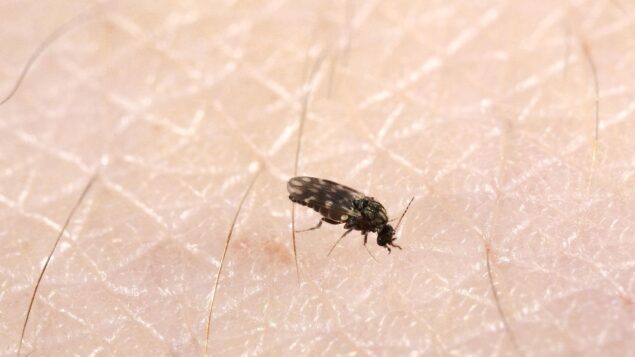Fleas are flightless insects that are flattened from side to side and are covered with the plumage of birds and hair of mammals. These tiny creatures are (1/8 to 1/18) inch in size and are found in 2,000 different categories which incorporate cat fleas, dog fleas, chigoe fleas, rat fleas, hen fleas, and lots of others. They’re capable of distinct jumping which assists them to hunt out their host easily that in their case are the warm-blooded animals like cats, dogs, etc. The lifecycle of these fleas depends upon their host. Once, the adult flea is successful to find its preferred host then it immediately sucks its blood which boosts its energy for the laying of eggs and it later results in the assembly of the larvae.
During this article , we’ve compiled the clearer answers for a couple of common questions that arise in every pet owner’s mind. All these answers are related to the lifespan of fleas which may be going to assist you all. So, for the clarity of the subject proceed reading further.

How long does it take for fleas to die without a host?
According to the research, it’s been concluded that it’s grueling for the adult flea to travel long distances without their host. If the adult flea is ejected from its host then it prefers to attend and jump to some nearby host but if it fails to try to so then it will take only a couple of days to 2 weeks for the flea to stay alive. These fleas are totally hooked in to their hosts because they’re the feed tankers and therefore the energy boosters for their survival. So, it’s clearer that they can’t live long without a host.
How long do fleas live on humans?
Well, regarding this question there are many misconceptions that require to be overcome. So, let’s grab the relevant answer.
Among these tiny flightless creatures’ human fleas are found to be rarer in flourished areas but this special kind of fleas is usually found in wildlife and farm. So, we will say that with only a few exceptions, fleas don’t survive on humans only they will bite humans and may lodge into their residents. Most of the fleas you see survives on the flurry and warm-blooded animals but it’s not the case for the humans.
How long does it take for flea medicine to dry?
When tons of fleas are infused on the pets then they cause severe itching, therefore, some immediate treatment is required to sort out this problem. To urge obviate the cause various products are available within the market like spot-on, flea collars, tablets, and sprays, which work differently depending upon their activeness.
Well, the great news is that among these “spot-on” liquid treatments, “Advantage” and “Frontline” treatments serve to be the right solution. These spot-on contains an active additive named “imidacloprid”, which spreads throughout your pet’s body and is in a position to kill fleas rapidly after coming in direct contact with it. It takes almost 24 hours to kill all fleas and is just perfect because it doesn’t allow the fleas to return in hyperactive state and reduces the probabilities of biting your pet as compared to other flea killing products.
All you would like is to use this liquid solution thoroughly on your pet’s body and leave up to 30 till 45 minutes to let it dry. It’s expected that within 24 hours your pet’s body will get obviate from all the active fleas, eggs, and larvae.
Do fleas bite more when they are dying?
The answer to the present question sounds to be quite obvious as treated fleas become more active before they die. This is often all due to the additives that are present within the various flea killing treatments which incorporate oral flea tablets, some spot-ons that are capable of accelerating bloodstreams, etc. Due to which the blood-sucking creatures attend the hyperactive mode and your pet bears a touch of more itchiness then before. This itchiness continues until all the hyperactive fleas become mortal.
But this is often not an equivalent for all flea killing products as there are few spot-ons which we’ve mentioned earlier like Advantage spot-ons that are capable to require rapid action without allowing these pesky creatures to bite your pets. The necessity for these spot-ons seems to be useful because they reduce the prospect of flea bites and help to guard your pet from severe itching and discomfort.


